Perhaps through no fault of their own, Malaysian football fans love looking back fondly to the good old days, when the national team was a regular contender at the continental stage.
For most of the fans, the period they would be referring to when they put on their rose-tinted glasses is the 1970's, when the Harimau Malaya qualified for two editions of the Asian Cup, won the bronze medal and reached the semi-finals at the Asian Games, won two SEA Games gold consecutively, and most memorably, qualified for the 1972 and 1980 Olympics.
No surprise then that the man described by many as the greatest Malaysian footballer ever, the late Mokhtar Dahari played domestic and international football during this period.
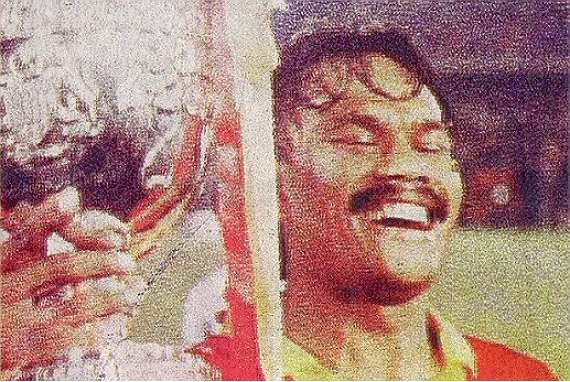 Ngomel Sukan blog
Ngomel Sukan blog
READ - Malaysian Football Legends: Mokhtar Dahari
However, there is only so much looking back that the fans can do before they start to lament the declining years that they have to live through currently, when the national team has not qualified for the Asian Cup on merit, and has only won one senior subcontinental stage championship. Due to this dearth of titles and achievements, the more recent Malaysian footballers are rarely mentioned among the greats, even if they are the best of their respective generation.
Enter Johor Darul Ta'zim (JDT) star Safawi Rasid. At the age of only 23, the Dungun, Terengganu-born forward has already won five major domestic titles, and become the first Malaysian player to score in the AFC Champions League finals.
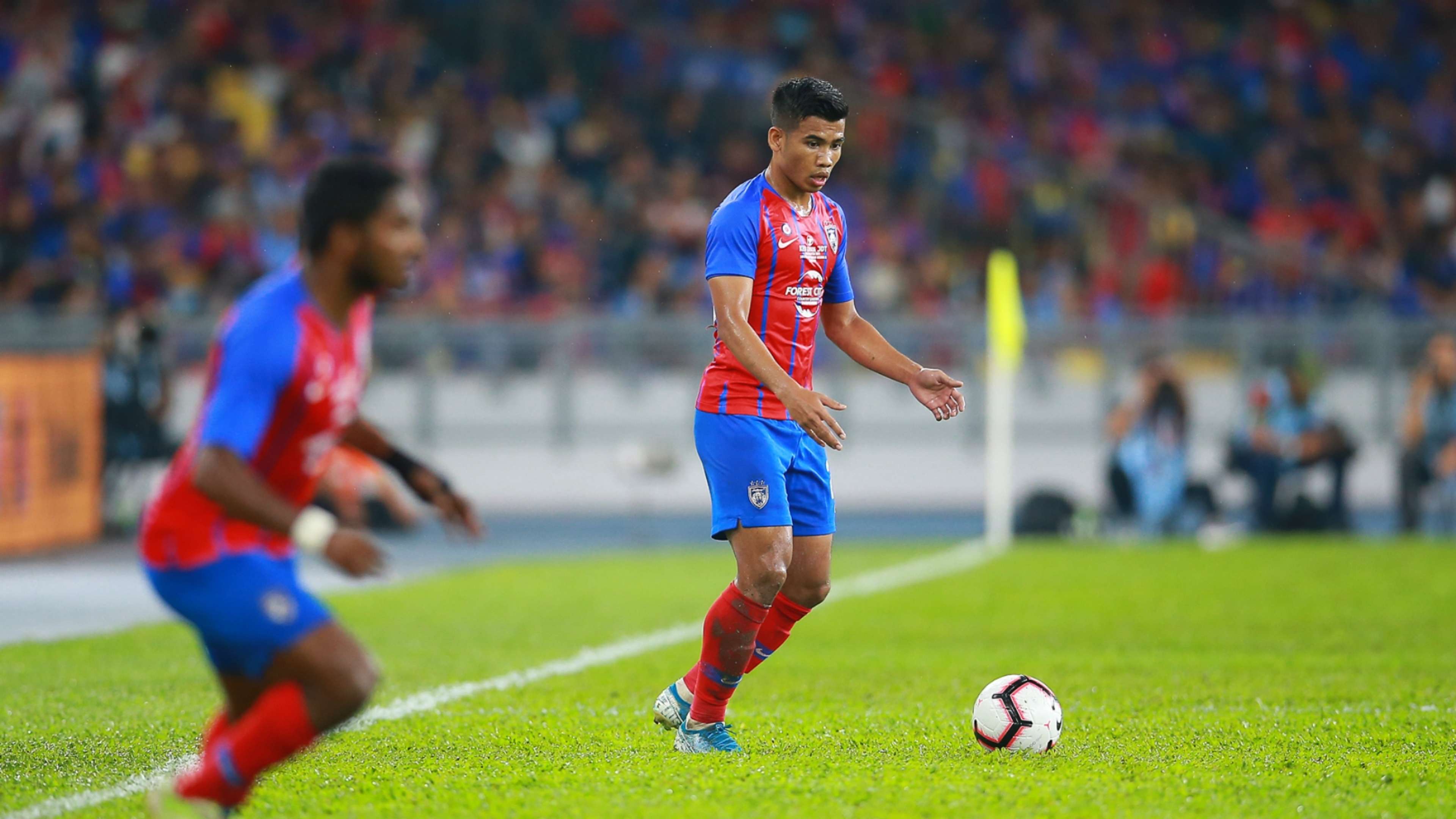
Photo by Sports Regime
His contribution to his country's senior national team however, is a bit more modest. He has been scoring for them rather regularly of course since his 2016 debut, yet has not quite starred for them, at a time when the Harimau Malaya are playing its best football in years and producing some promising results.
The thing is, if he can improve, Safawi stands a good chance of taking the unofficial title of Malaysia's greatest footballer from Mokhtar.
How can Safawi begin doing this? By playing a bigger role on the national team in their ongoing World Cup Asian qualification campaign, and helping them reach the Asian Cup finals.
Under head coach Tan Cheng Hoe, the Harimau Malaya have turned in solid performances in Group G of the qualifiers, to currently sit in second place after five matches, above regional powerhouse Thailand and continental stalward UAE.
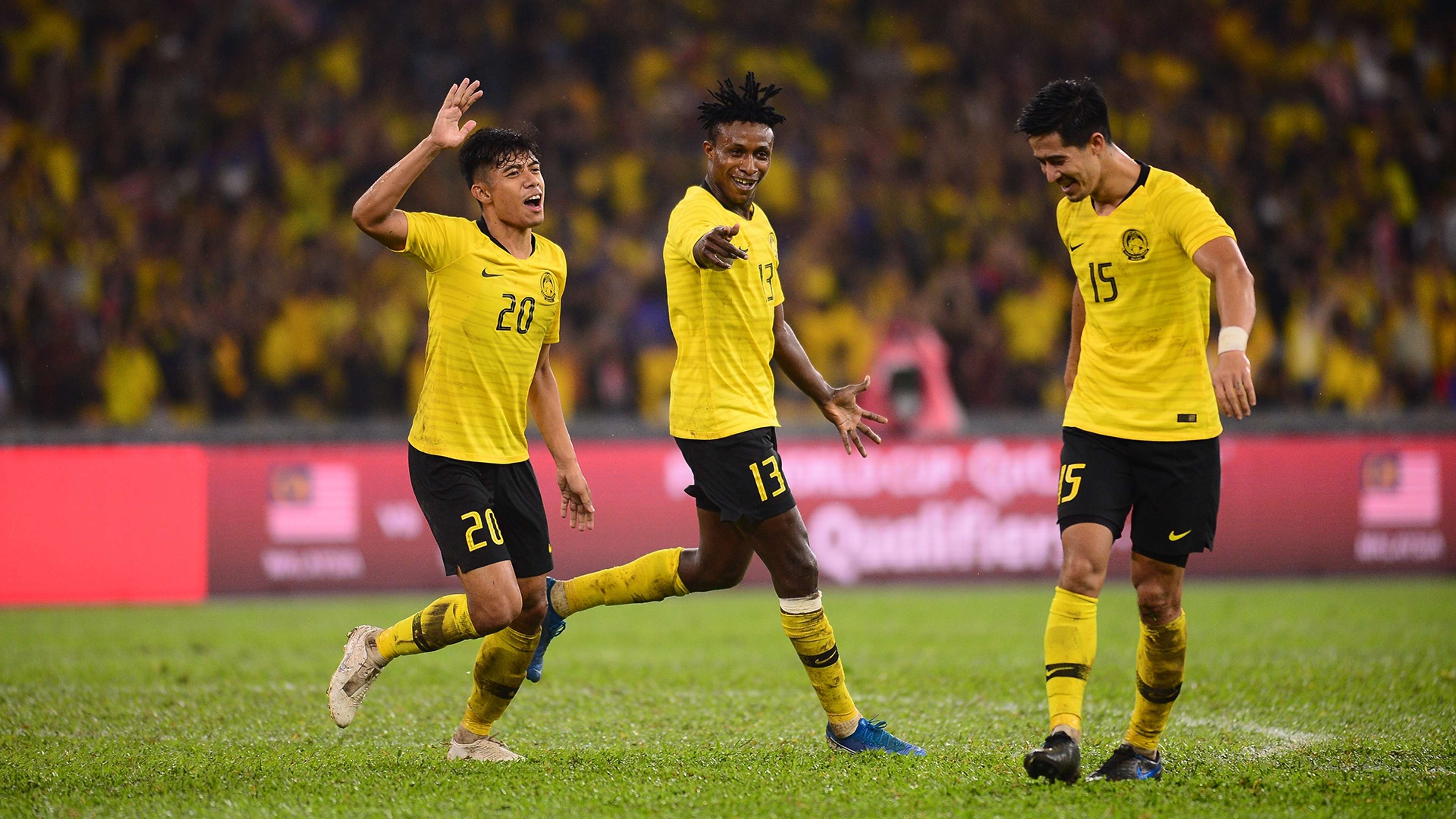 Sports Regime
Sports Regime
Photo by Sports Regime
However, Safawi has scored only two goals in the matches, a slightly underwhelming record for a player of his stature. But it is the two goals that he did score, in their 2-0 win at home over Indonesia last November that showed the direction he can take to become the greatest Malaysian footballer ever.
In a match whereby their belegeaured archrivals, who at the time had just lost their head coach after losing all four prior encounters, played negative football in an attempt to earn their first point of the campaign, Safawi showed his match-winning qualities by opening the scoring at the half hour mark, through a brilliant free kick. And if that goal proved his technique, his second in the 73rd minute displayed his awareness and audacity, striking home from a very acute angle after dispossessing a careless Indonesia defender near the goalline.
That was not the first and only time that he showed his quality as a big-game player. In the 2018 Asian Games, another of his brace had helped Malaysia U-23 record a famous 2-1 group stage win over a very strong Korea Republic U-23 (who even starred Tottenham's Son Heung-min).
While being a big-game player is a rare quality among Malaysian players, Safawi needs to be that in more games for Malaysia. There were times in the qualifiers, such as their 1-0 away defeat to Vietnam and 2-1 defeat at home to UAE, that a determined performance by the JDT star could have helped him score, and given them a point at least which in turn would have helped them close the gap with Vietnam, the current group leader.
It is of course futile to rue the past, and Safawi and Malaysia now must look forward to their three remaining group matches, all tough ones; at home to Vietnam, and away to UAE and Thailand.
Playing under Cheng Hoe, the current Malaysia have made full use of their overseas-developed, mixed-heritage players, but it is the Malaysian born and bred Safawi who needs to carry them over the finishing line, and in turn win the accolades. By producing more feats of greatness and match-winning goals, he will help Malaysia reach the continental, and god willing, world, stage, and truly usher in a new Harimau Malaya era, one that the fans can experience without having to put on their rose-tinted glasses.
As personal achievements go, Safawi is well on track to equal or even surpass Mokhtar's records, when the former is playing for a Malaysian powerhouse and the Malaysia Cup was the only major competition contested throughout most of latter's career. But to be the greatest Malaysian footballer, he needs to perform at the international stage, something that the legendary footballer achieved.
However, this international record-equalling task is not entirely impossible, owing to one peculiar fact regarding Mokhtar's international career. Although he was part of the 1970's Malaysia team, he was absent both times they qualified for the Olympics, arguably the highest stage reached by them. In 1972 he was deemed too young, while he missed out on the 1980 edition after retiring from the national team (Malaysia also eventually pulled out in 1980 due to political reasons).
Earlier this year, Safawi himself admitted to trying to emulate the Selangor legend in order to leave a legacy like his, in an interview with the New Straits Times. But what the JDT star needs to realise is that if he can turn his massive potential into more heroic performances and match-winning international goals, his legacy would be that of a player who returned the Harimau Malaya to the Asian stage and greatness, as its new greatest player off all time.
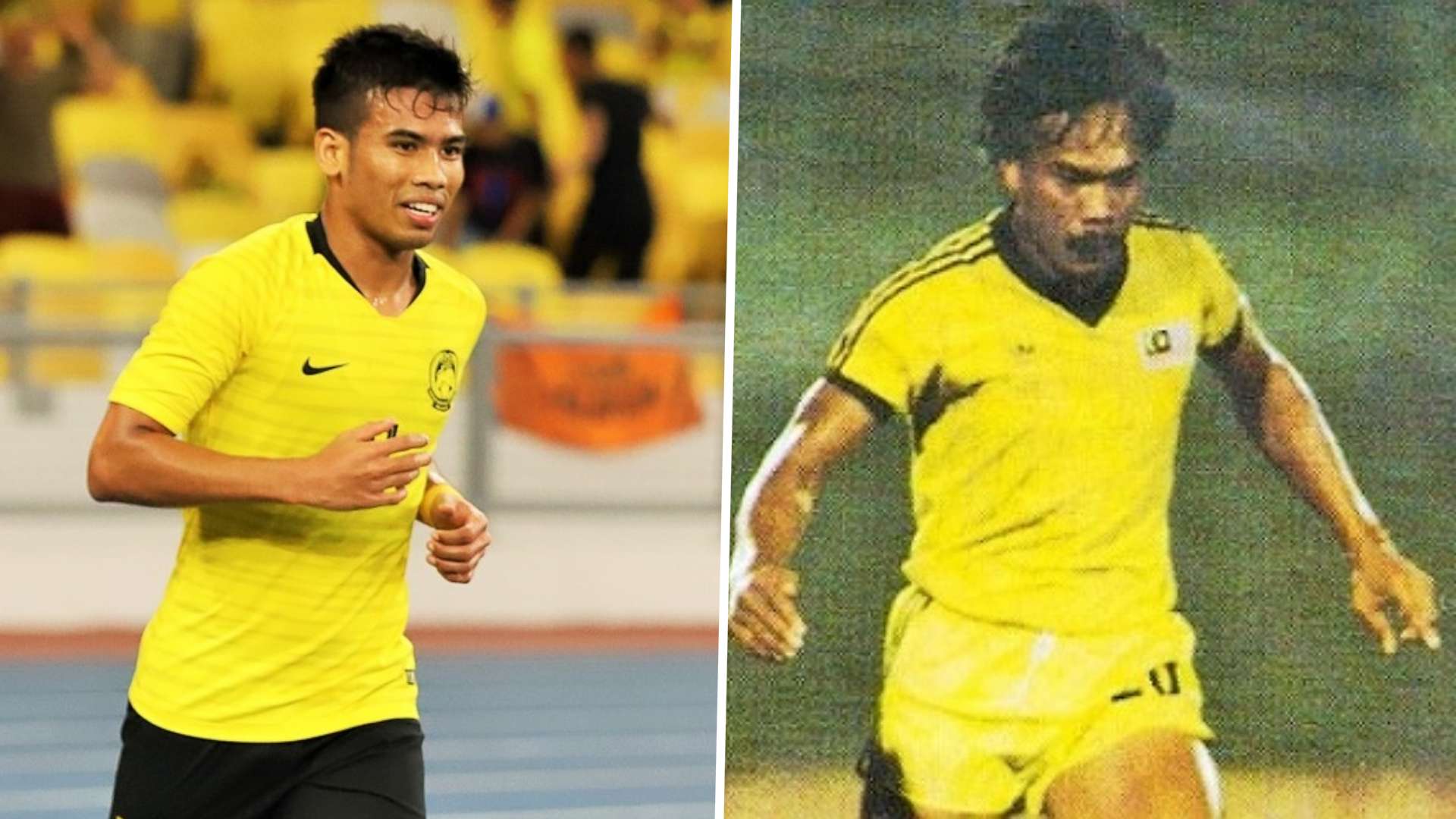
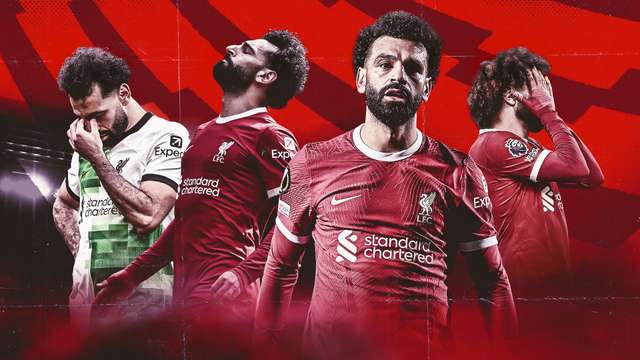

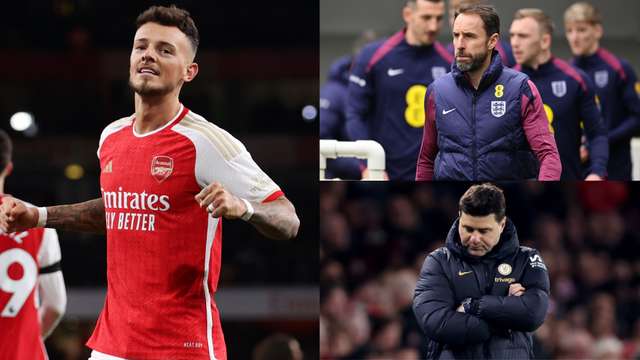
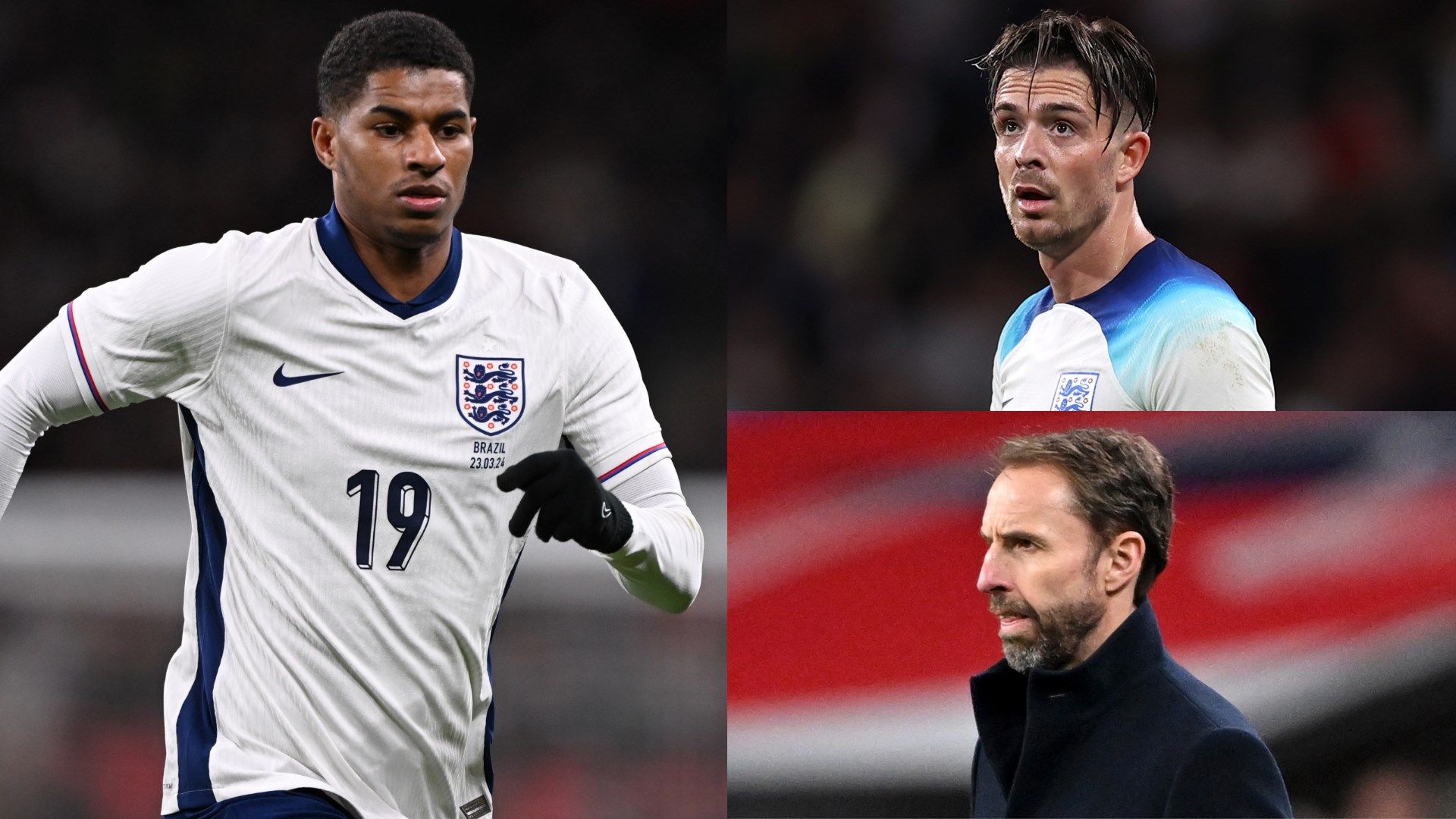.jpg?auto=webp&format=pjpg&width=640&quality=60)